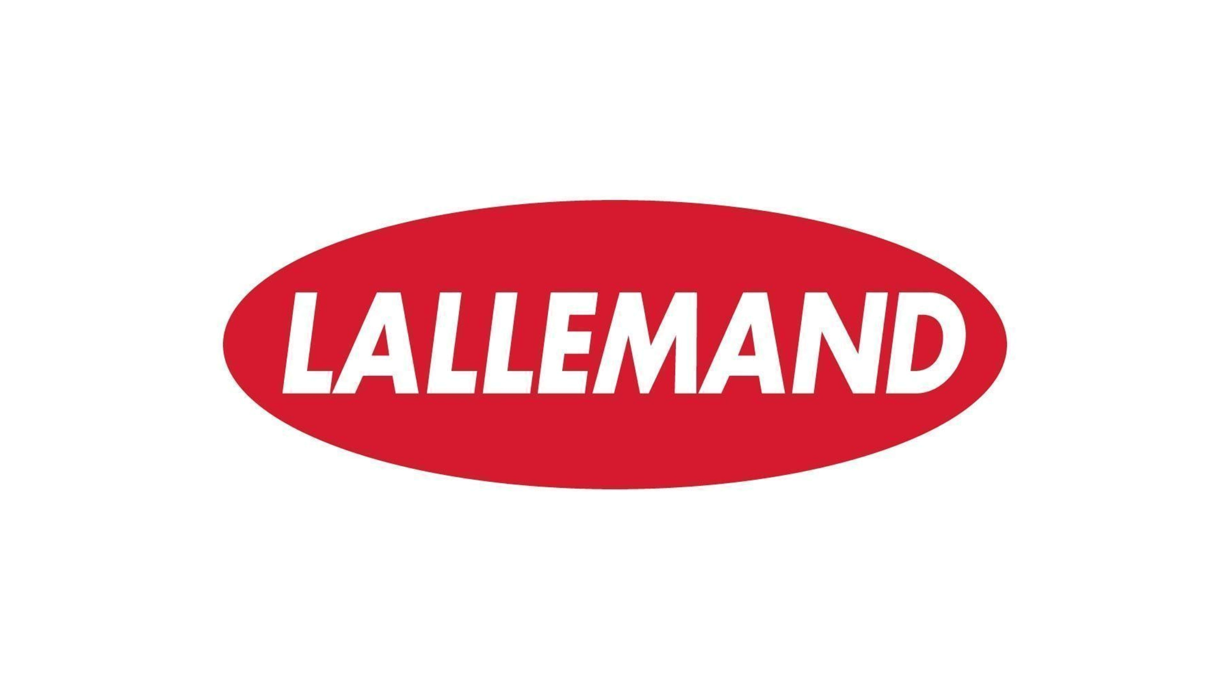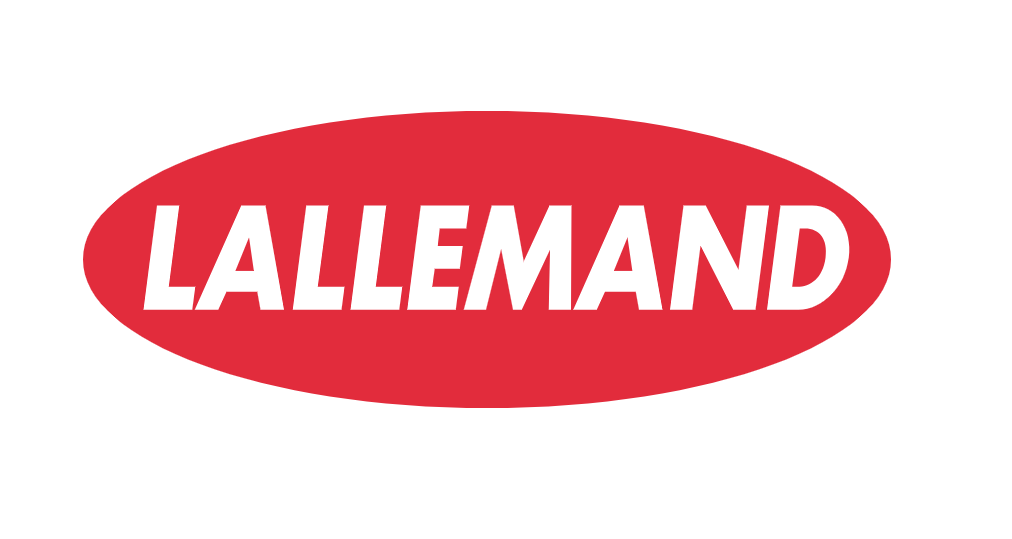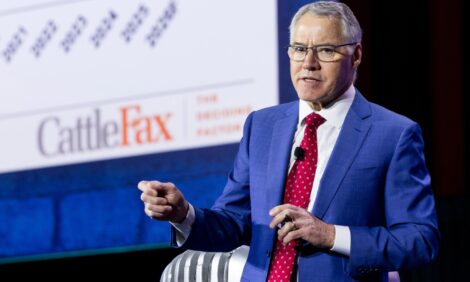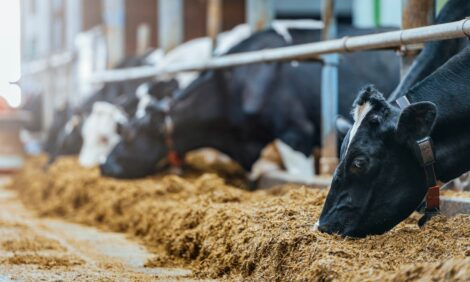



True or False: Silage inoculants are not required if growing conditions are ideal.
New data on the dry matter intakes (DMI) of first cut silage has busted the myth that inoculants are not needed when harvesting conditions are favourable.
Lallemand Animal Nutrition worked with Reading University’s Centre for Dairy Research (CEDAR) to establish the value of using its MAGNIVA Platinum 3 inoculant. That research showed a 1.5kg increase in the daily DMI of first cut silage compared to forage that was untreated. Luis Queiros, Global Category Manager for MAGNIVA, says this demonstrates that even under ideal weather conditions silage inoculants play a crucial role in producing and maintaining the best quality silage.
“Why risk your biggest silage yield by not treating it?’’ he says. “Some producers will only consider using silage inoculants if the growing conditions are less than the ideal, perhaps when it is wet or during a drought. However, using a product that is specific to whatever that challenge might be is vital to producing quality silage and to driving animal performance, even under perfect weather conditions.’’
There are good reasons for this. When weather conditions are good through the growing season, forages are likely to have higher sugar and protein values, and yields can be maximised, although there is also a risk that forages can be drier than normal.
While higher dry matters and sugar levels are great for cow performance, they make silage more susceptible to the growth of spoilage organisms during the fermentation process. Higher protein levels can also buffer the crop, making the fermentation process more difficult to achieve. Luis advises that to retain these values and avoid spoilage, the pH of the silage needs to be lowered as quickly as possible. “That is what a good inoculant does’’ he explains.
The bacteria mostly found in silage inoculants produce lactic acid which lowers the pH, thereby preserving sugar and protein levels. If this does not happen the silage can quickly spoil. “The high sugars and protein levels in the silage which farmers have worked so hard to achieve, can be lost very quickly to spoilage bacteria’’ Luis warns.
Higher sugar content forages also require an inoculant that can control spoilage organisms, such as moulds and yeast, growing during the fermentation period, and when the clamp or bales are opened for feeding to stock. In this situation, yeast levels in high sugar silages can quickly increase because they use the sugar as a food source.
“Even worse they cause the silage to heat significantly, so all that extra sugar that the good weather conditions have provided is wasted and further energy is lost through the silage heating’’ says Luis. Moulds will start to grow, elevating levels of waste and lowering intakes. This can be a health risk to cattle as moulds are a source of mycotoxins, harmful chemicals produced by the fungi. The MAGNIVA Platinum range is proven to significantly reduce yeast and mould spoilage.
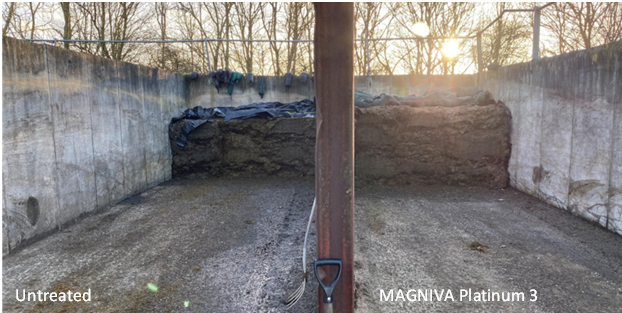
The trial also showed that MAGNIVA Platinum 3 kept more energy and nutrients locked in by keeping the silage cool. An 8°C difference was recorded in the peak temperature reached between treated and untreated forages – a difference that will waste an extra 28MJ of energy per tonne fresh weight silage.
The cost of producing any cut of silage is significant so investing in an inoculant to maintain quality is a sound investment, says Luis. If weather conditions are volatile, there are even more reasons to use an inoculant, he adds.
With wet ground and narrow harvesting windows comes the risk of low dry matter forages and more soil contamination, Luis advises. “In both cases, it is important to drive initial fermentation fast, by quickly lowering the pH. This can be achieved by adding an inoculant that produces lactic acid only’’ he says.
The MAGNIVA range of inoculants are designed and independently proven to drive fermentation efficiently under a variety of conditions. Luis’ advice to farmers is clear: “Unlock the treasure in your silage by treating all silages at all times”.

